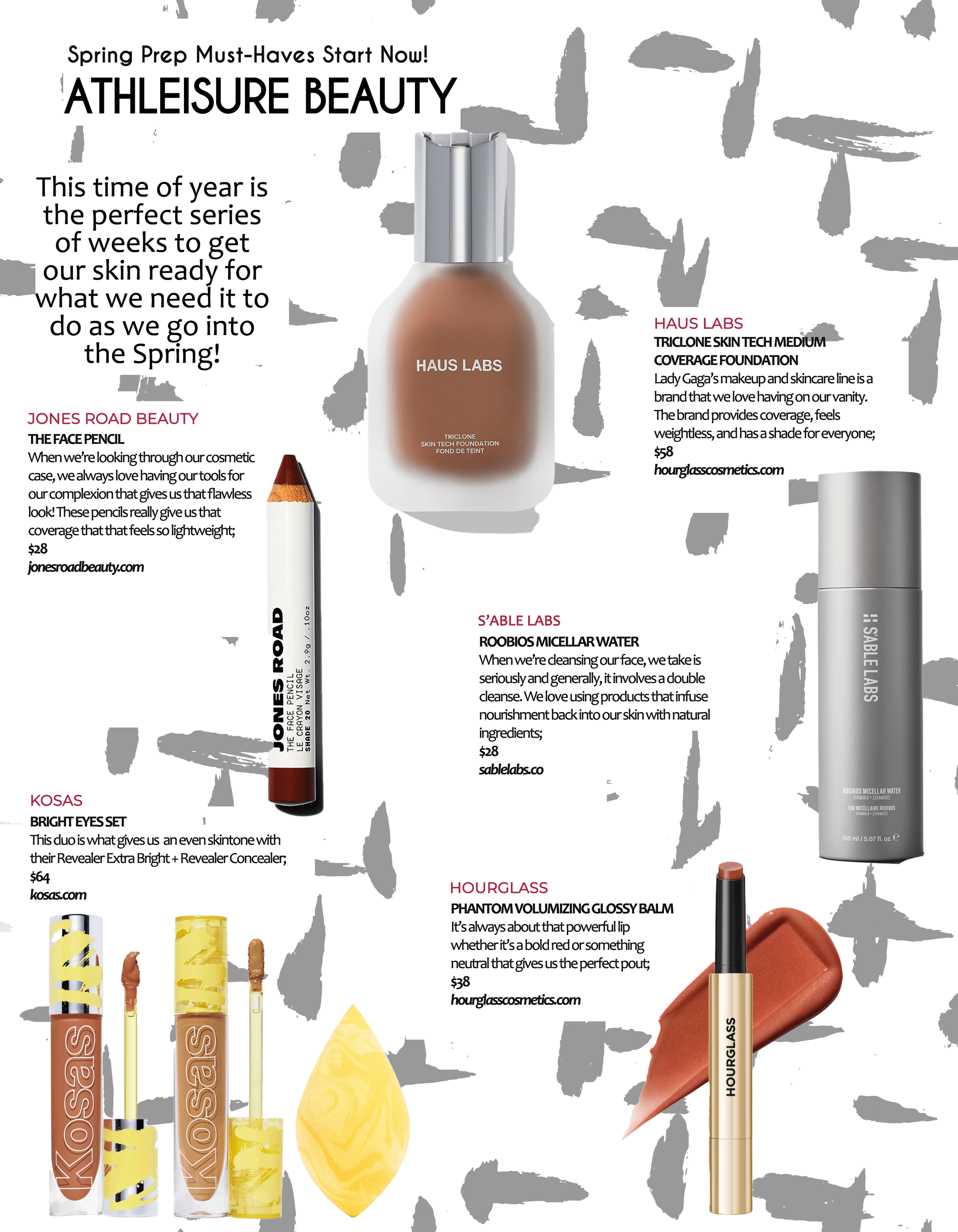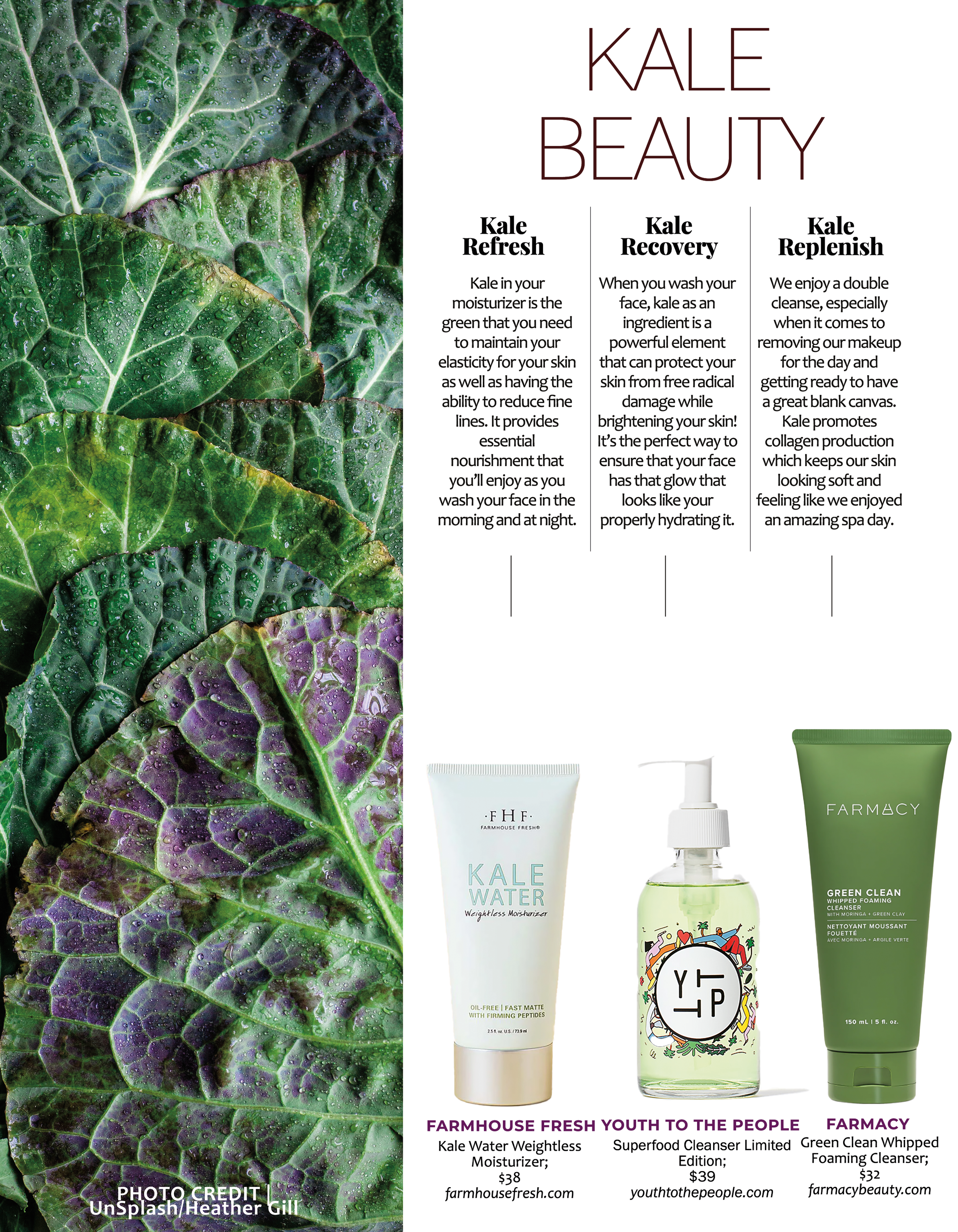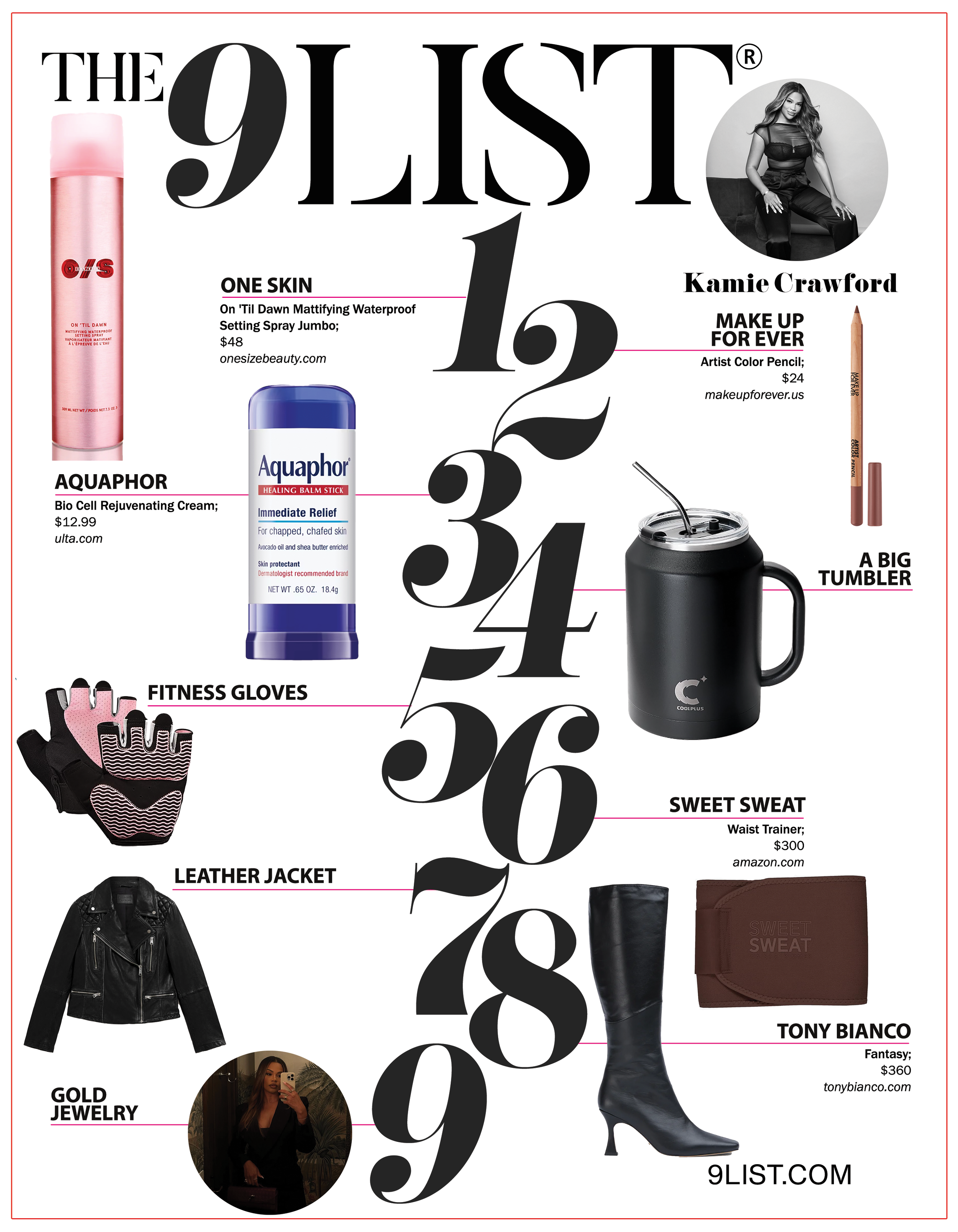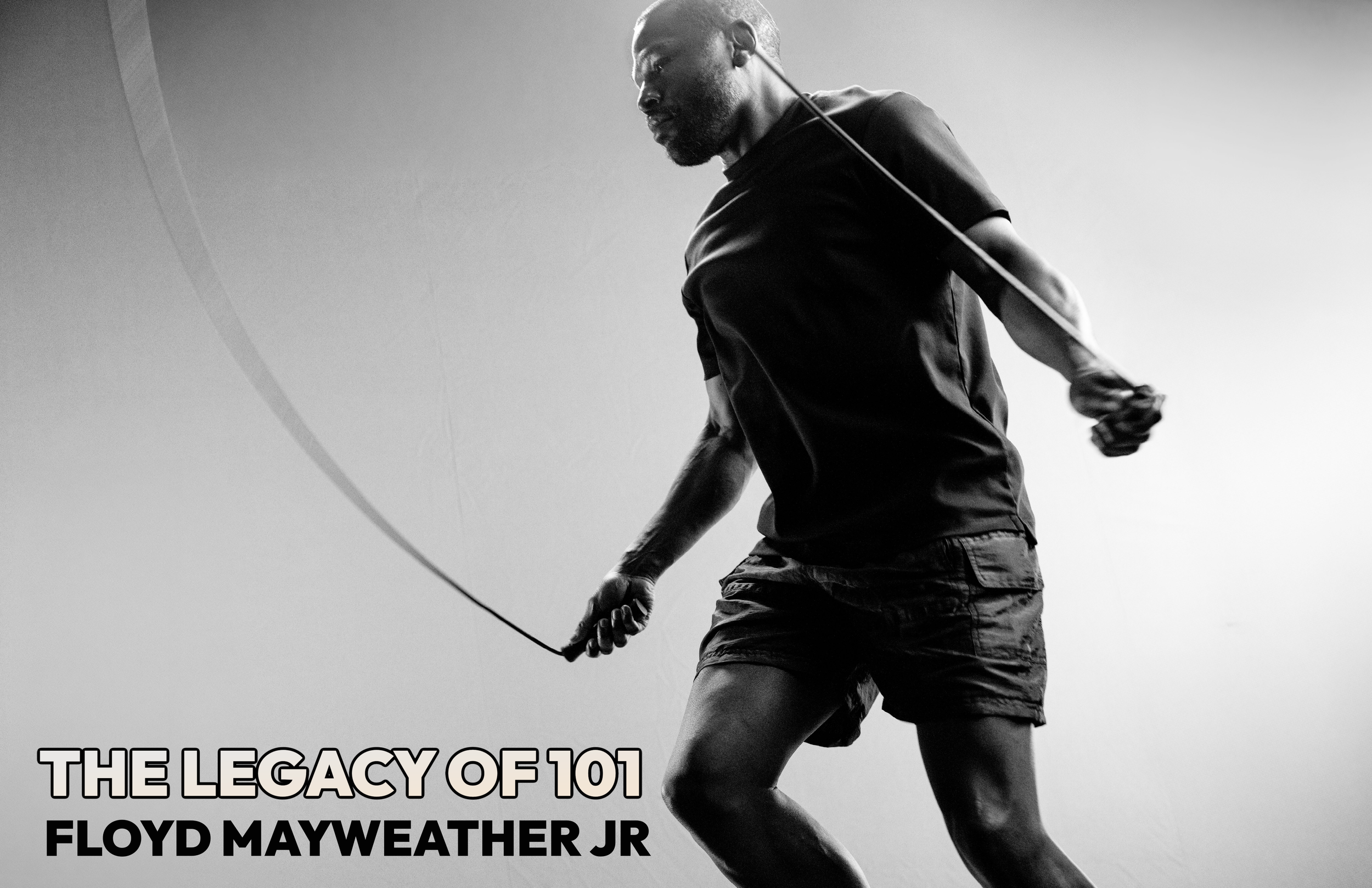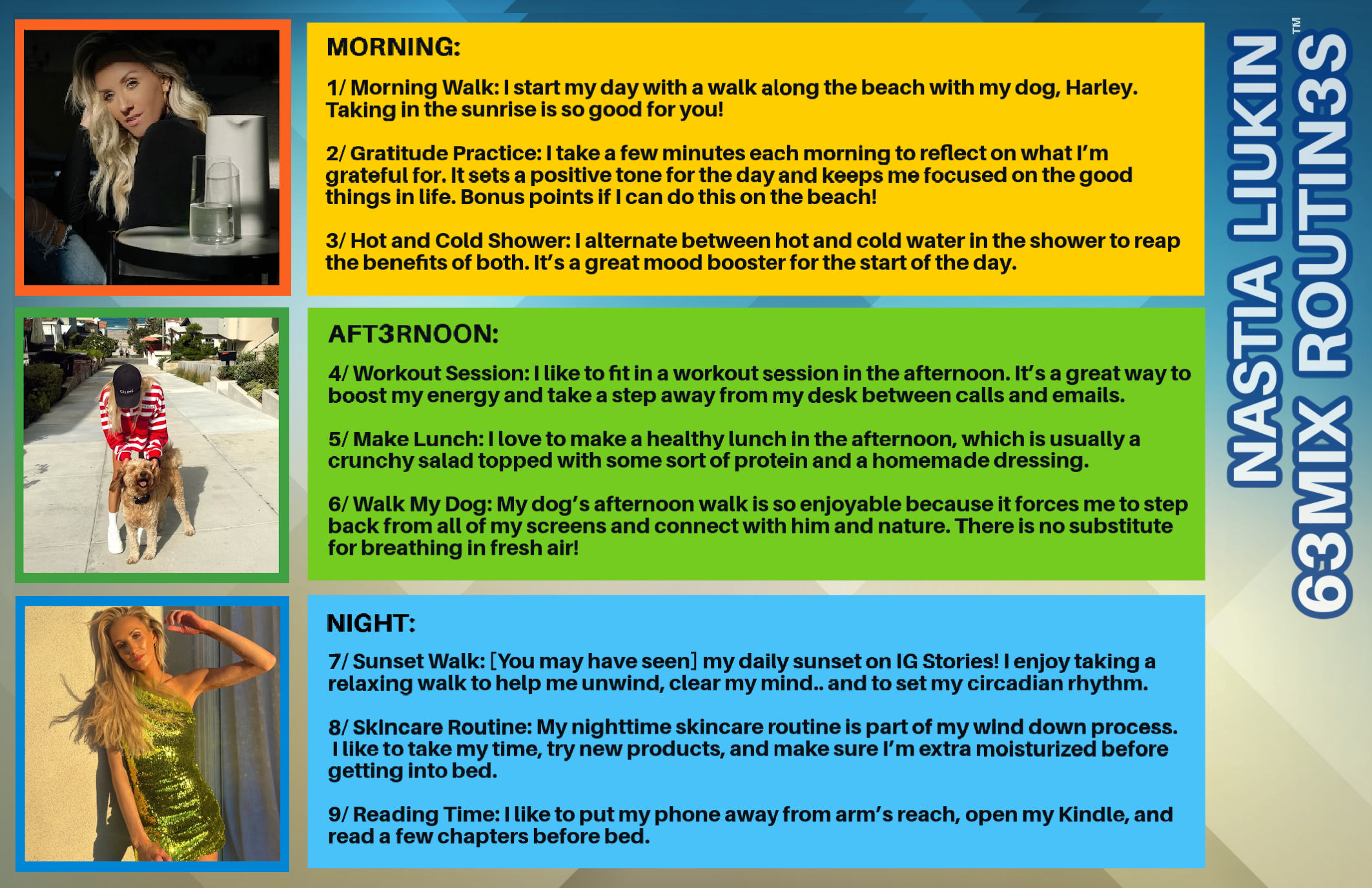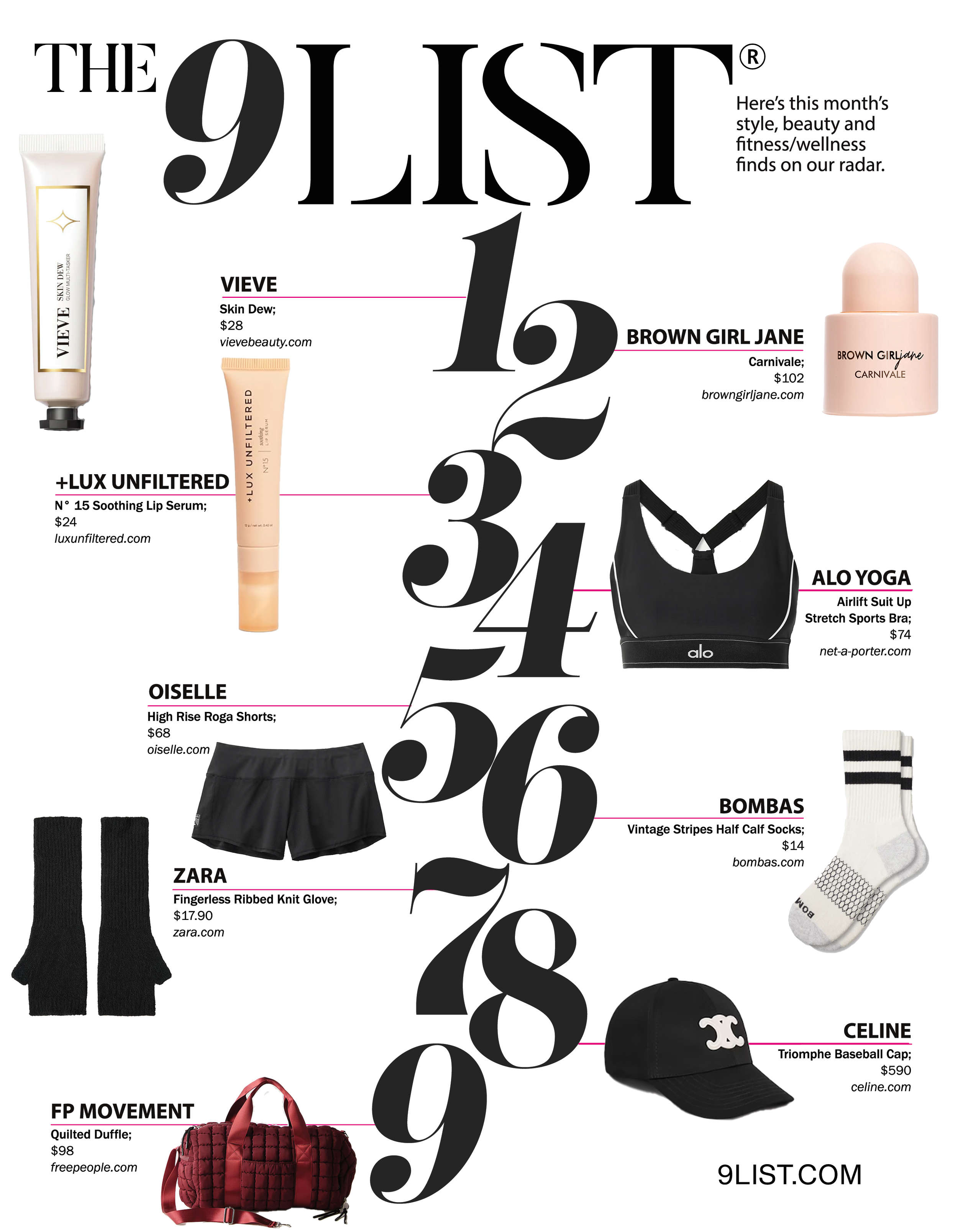AM: I just love hearing all the different things that you've talking about. You’re also an author and you released your book The Urgent Life: My Story of Love, Loss, and Survival, which is a powerful memoir. Why did you want to share something like this as it is so vulnerable, and so amazing.
BSJ: Because leaders are just supposed to be fierce. They're supposed to be behind the corner office, behind a very heavy desk without showing any vulnerability without showing their humanity. Oftentimes, I think people think that if you go through something difficult that somehow, then you can't rise to the top.
AM: Right.
BSJ: That your traumas have to stop you. And that's not true. And so, if more leaders were able to share their humanity and have more empathy about who they work with and how they work, how they show up and we probably would have a better culture all the way around, not just even corporate culture, but in politics and in social reform and in charities, If we would just show more of our humanity, perhaps we just have a better world anyway.
AM: When I read your book, it was the first person that I knew that looked like me that could be both. Like, you're clearly very fierce, but the fact that you can still embrace these other elements was intriguing to me as I continue to learn to be more vulnerable as I figure out how to apply it for me. I commend you for that.
BSJ: Well I'm only fierce because of my vulnerability - just because of the things I've been through. You know, you don't become fierce because you sat in one place and everything was peachy keen, you know. So, I actually don't understand that dichotomy. I don't understand it when people think that like, your vulnerability is weakness.
AM: Right.
BSJ: You know, I think you say that, you know, there's so many catchphrases that people use that they don't actually understand.
AM: Right, it’s like a whole retraining. I find myself at 45 examining and thinking about how I look at things and seeing that you can be this and this and that one doesn’t deplete the other.
BSJ: Exactly! People like these catchphrases, but don't actually apply them! Like vulnerability is strength so yippie, yippie yippie, but you don't actually show your vulnerability - so how are you strong?
AM: Yeah.
BSJ: The way that people think about these phrases that have become a way of being - almost like a badge.
AM: Yeah.
BSJ: But don't actually apply life to it. They say, you know, be unapologetic, but yet you are apologizing – you’re afraid to show up as exactly as you are because you are apologizing. You may not want to say that. Because it's embarrassing. It makes you feel like you're not. But don't say that you are if you aren't behaving in that way.
AM: You are a woman who never stops. You have a hairline and as we were in prep for this cover interview and I was watching your IG even more than I already do, that’s when I saw what your new company is Eve by Boz. Tell me about this and why did you want to create it?
BSJ: Yeah, well I think as much from my business acumen you know being a Black woman in Corporate America obviously means that most of the time I'm one of one or one of few and our hair is always a topic of conversation, even if we don't want it to be. So having had the experiences in corporate where, you know, people have often said stuff about my hair you know whether it's like oh I know you know Boz is going to be crazy today if her hair is white. You know, where she's gonna be more reasonable because her hair is straight.
And it's not even just like from white people. A lot of people do that and so it's like well-meaning well-intentioned, who say things like, oh you're going into a board meeting, you should probably pull your hair back so that it's, it's not too much.
AM: Exactly.
BSJ: And then you have, you know, the legality of it all with like The Crown Act and having to find ways to just simply exist without the threat of being fired or the threat of being kicked out of school or whatever places you have to be where you just simply are trying to exist as your natural self. I remember when I got on the Apple keynote stage and yes, I was the first Black person but also, besides look, I'm a Black woman and I'm going to show up that way. Steve Jobs built that stage. Everybody knows that he showed up in the black turtleneck and his jeans and everybody has followed suit since. Maybe it's not a black turtleneck but it sure is a blue button down and maybe some cargos that were switched out from the jeans.
AM: Which is still the same look in essence.
BSJ: It was the same white tech boy look. For me, it was how do I do that, but in my own way? Truth be told, for me it was like, look, I want to wear something that makes me feel my most comfortable and most powerful, which meant that I was wearing a pink Mimi Plange dress, and my pink Louboutins with the little puff on the back. My hair was in a curly afro and very shortly thereafter, there were Tweets and comments both positive and negative about my hair and that's just one instance where I made a deliberate choice to wear my hair a particular way.
AM: Yeah.
BSJ: When I got my job at Uber and I was a Chief Brand Officer, I did decide to show up with my braids down to the back of my kneecaps, because it was like look where else are you gonna see anybody in the Chief seat like that.
At the time that I became the Chief Marketing Officer at Netflix, I was the only Black C-suite executive with budget in any of the most profit companies on the planet. The only one man or woman. It was important to me, then also to show up with my hair however, the hell I wanted to show it.
Now the challenge has been that I happen to like hair and wearing numerous ways. Whether I have somebody fabulous like Nikki styling my hair or I'm at home. I have made wigs. I have cut my hair, I have - well, Nikki, has had to take care of some of my cuts – that’s fine and we won’t talk about that - ha! But the point is that, regardless of what I'm doing, I've always had to manipulate the hair so that it matches my texture, so that it matches my complexion, so that it feels more like me. Why do I have to do that when 80% of the consumer base is Black or women of color? The product that is being made is being centered around white women. That doesn't make any sense as they are under 20% of the of the market. Now I can see makeup companies - I understand. You are focused on white women even though they happen to be 50% of the marketplace or whatever, because you know that's quote unquote majority. But is it a majority because wasn't it just because it wasn't available?
AM: Exactly.
BSJ: So you change that dynamic and you make it available, then shouldn't the numbers increase? So that goes for makeup, other beauty products, skincare etc. But when we talk about hair, the numbers already exist. It's not as if we're saying, oh do this, and they will build this and they will come. They are already there, you're just not even serving them.
AM: Right.
BSJ: So it was Innovation like lace color. I mean right now I just have 3. Can you imagine if I had 40?






